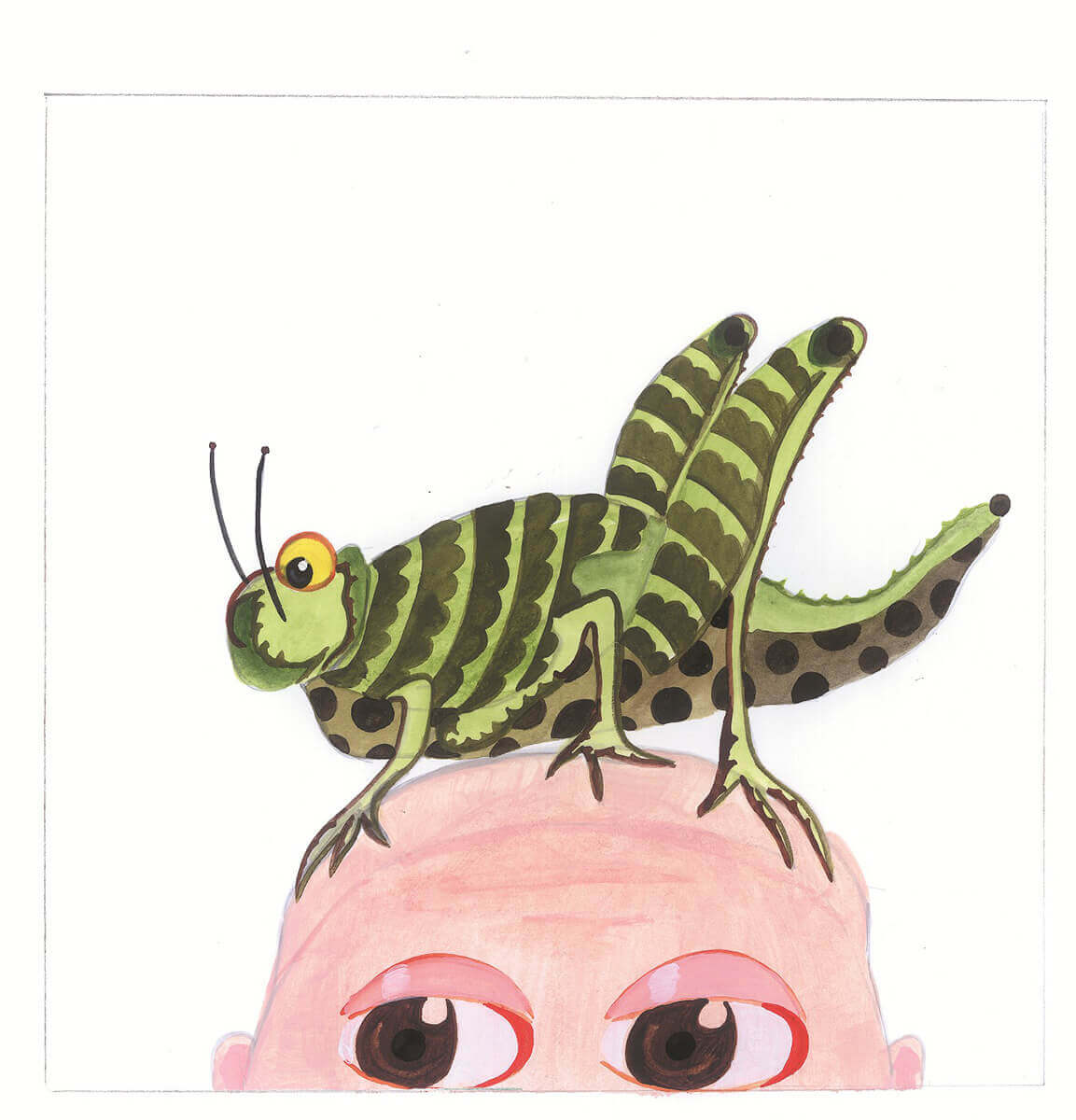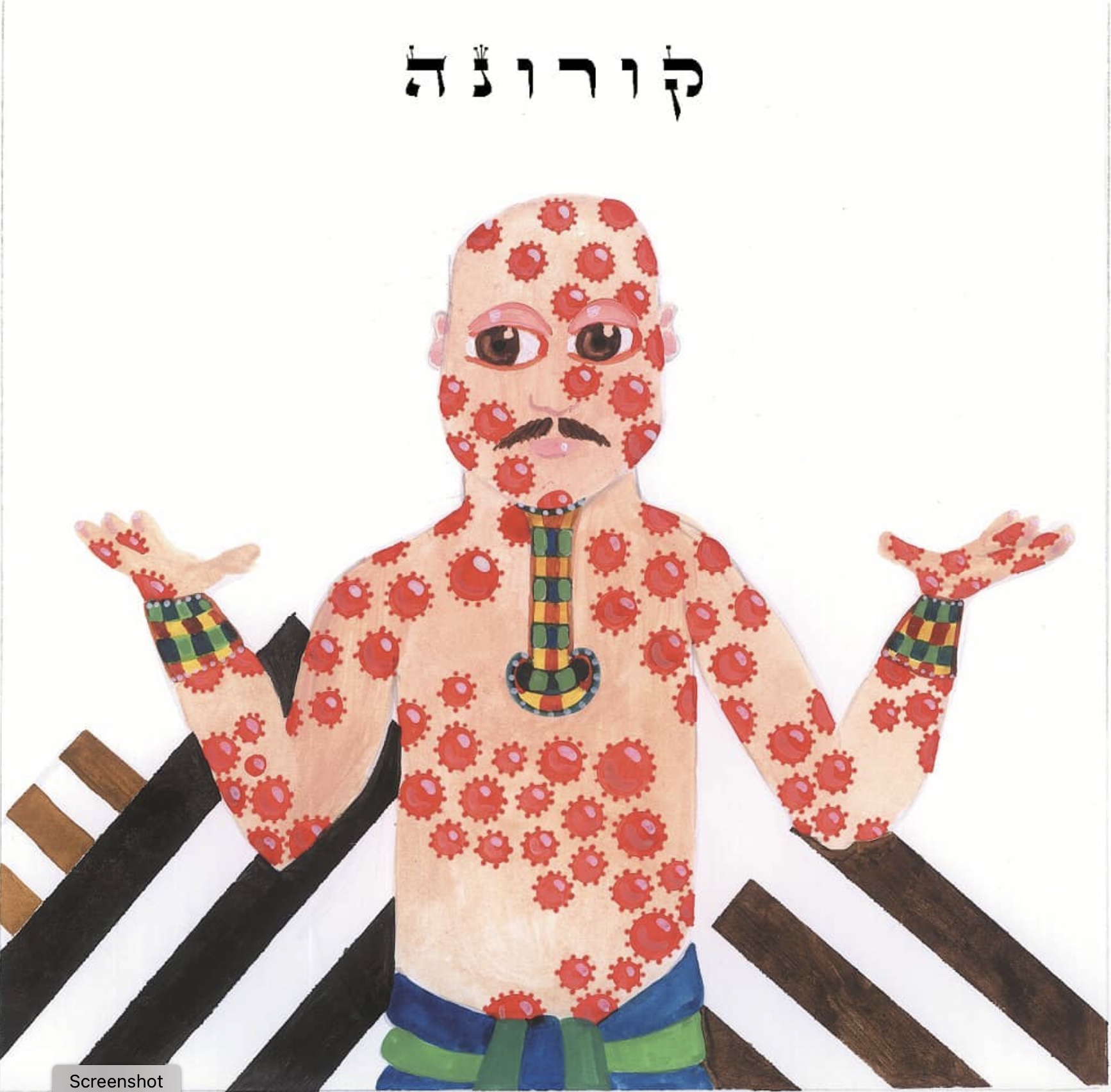Torah Study Date
Saturday, July 8, 2023
Verses Covered
Exodus (Sh’mot) 9:29 – 9:35
Next Session
Saturday, July 29, 2023
Starting at Exodus 10:1
Last week we discussed Moses telling Pharaoh that as Moses leaves the city, he will spread out his hands and the thunder and hail will stop so that you will know that the earth is YHVH’s. R. Myra pointed out that he’s really spreading out his palms. R. Sara pointed out the archaic -un ending that appears twice in this section, here on the word ‘stop’ (or, better, ‘cease’), yechdalun. The ending makes the language more formal (as might be appropriate for a proclamation such as this one). Moses adds that he knows that Pharaoh and his servants do not yet fear YHVH God. We wondered about the servants who did fear YHVH, the ones who went inside during the hail.
We noted which crops were and which were not hit: the flax and barley were struck because the barley was fresh and the flax in bud; the wheat and spelt, being late crops, were not hit.
Moses, we noted, did as he had said he would do. Pharaoh, though, continued to sin and made his heart and his servants’ hearts heavy (some say: hard). We noted that the servants’ hearts are included this time, not just Pharaoh’s. Pharaoh’s heart was strong and he did not send the Israelites off.
We had a long discussion about not being able to take in and respond to major changes for the worse. We discussed climate change and the fact that we continue to fly and drive gas-powered cars even as we see their impact on the climate. We discussed leaders and how necessary they are if there is to be change in such times. R. Sara said, “This is a story of leaders.” She pointed out that humans create false gods for themselves. The Exodus story is about that. We are to be the anti-Pharaoh. Moses was raised in Pharaoh’s palace but changed. We are to be like him—like Moshe Rabbenu (Moses our teacher). We also discussed, again, God hardening Moses’ heart and the issues of responsibility it raises. R. Ben reminded us that God is punishing Pharoah for all the years of slavery. We wondered, where was God during all that time?
Artwork this week is by French Israeli Jewish artist, Eliahou Eric Bokobza (1963- ), Arbe (Crickets) above, and Shchin (Boils) below. Bokobza, who is of Tunisian Jewish background, was born in Paris and, with his family, moved to Israel in 1969 when he was six. He utilizes a childlike style to make his social commentary ironic. He often critiques nationalism, militarism, and religion. The portrayal of an ancient Egyptian with coronavirus (below) is a variation of his previous portrayal of an Egyptian suffering from boils during the ten plagues. Bokobza changed the red boils into red coronaviruses and wrote above the man, in Hebrew, “corona.”


